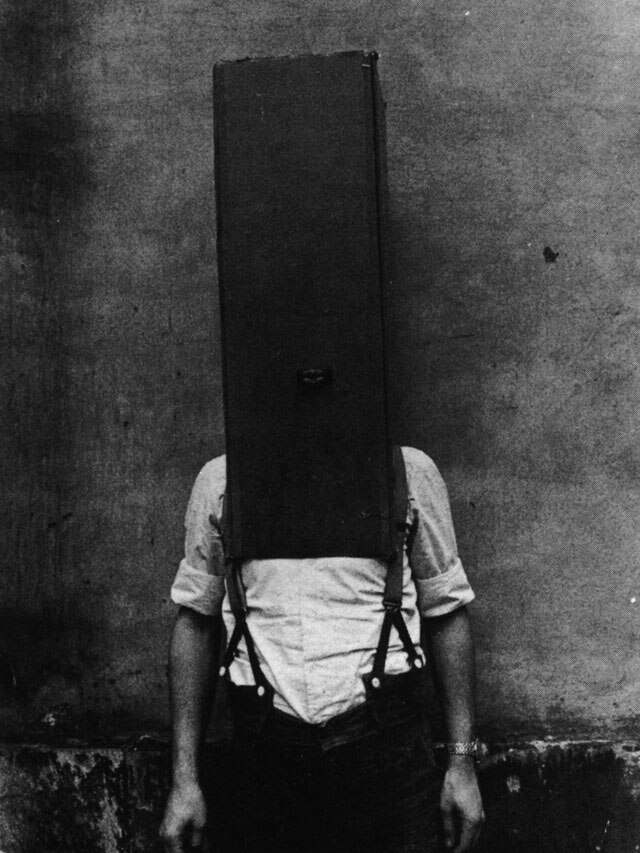


With The Political Unconscious (1981) and other works, Jameson he deftly articulated such topics as the linguistic turn in literature and philosophy, the concepts of desire and national allegory, and the problems of interpretation and transcoding in a decade when continental theory was beginning to transform literary studies in the English-speaking world. In his early work, Jameson introduced a number of important twentieth-century, European Marxist theorists to American audiences, beginning with his study of Jean-Paul Sartre’s style, and continuing with his Marxism and Form (1971) and The Prison-House of Language (1972), which offered critical analyses of such theorists as Georg Lukacs, Ernst Bloch, Walter Benjamin, and Herbert Marcuse, along with the Frankfurt School, Russian Formalism, and French Structuralism. In a career that spans more than 60 years, Jameson has produced some 25 books and hundreds of essays in which he has demonstrated the versatility and power of Marxist criticism in analyzing and evaluating an enormous range of cultural phenomena, from literary texts to architecture, art history, cinema, economic formations, psychology, social theory, urban studies, and utopianism, to mention but a few. 1934) is the leading Marxist literary and cultural critic in the United States and, arguably, in the English-speaking world in the late twentieth- and early twenty-first centuries.

It concludes that Jameson fails to understand how this process works for dystopia as well as utopia, for barbarism as well as socialism.Fredric Jameson (b. The paper argues that, for Nineteen Eighty-Four, as for any other science-fiction novel, the key question is that identified by Jameson: not 'did it get the future right?', but rather 'did it sufficiently shock its own present as to force a meditation on the impossible?'. It takes issue with Jameson over two key issues: his overwhelming concentration on American science-fiction, which seems strangely parochial in such a distinguished comparativist and his understanding of Orwell's Nineteen Eighty-Four as an 'anti-Utopia' rather than a dystopia. It argues that Jameson's derivation of 'anti-anti-Utopianism' from Sartrean anti-anti-communism will provide 'the party of Utopia' with as good a slogan as it is likely to find in the foreseeable future. This paper begins with the proposition that Fredric Jameson's Archaeologies of the Future (2005) is the most important theoretical contribution to utopian and science-fiction studies since Darko Suvin's Metamorphoses of Science Fiction (1979).


 0 kommentar(er)
0 kommentar(er)
